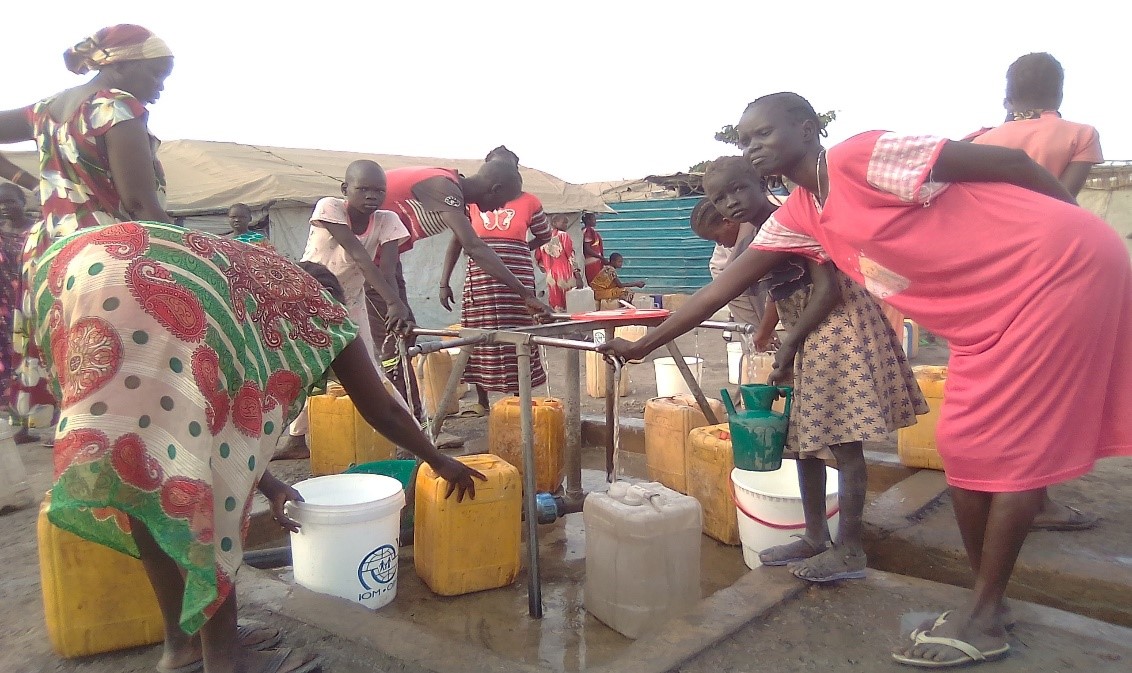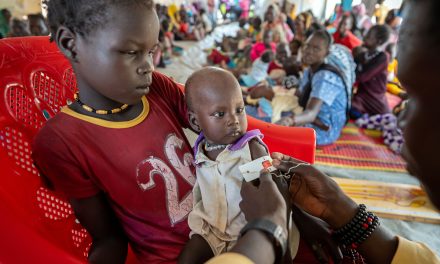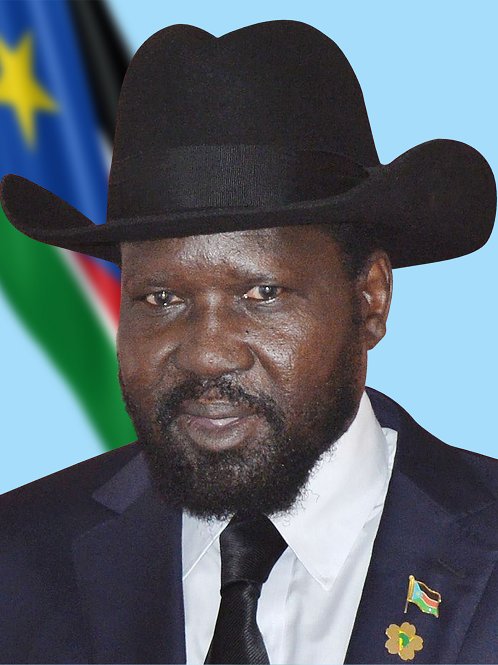
Water shortage hits Bentiu IDP settlement in Unity State

By Chondok Stephen Magei
Shortage of clean drinking water has hit Bentiu IDP camp where 149,340 people escaping floods are residing.
According to a leader at the IDP camp, Kuer Duol Monyluak, people have had to resort to using the flood waters for drinking and cooking.
“Our situation now is worse because it has made some other families to go outside to fetch flood water for cooking food to children,” Monyluak told Juba Echo in an interview.
The problem has been worsened by an influx of people into the camp, escaping floods, an IDP, Mary Nyakun Kuliew, said.
“Flooding has displaced many people in their villages to Bentiu town and we are now facing severe water shortages because of population increase,” Kuliew said.
“Yesterday my children missed food because I had no water for cooking food.”
The problem associated with lack of clean drinking water is generally huge and a public health concern in South Sudan with more than half of the population having no access to sufficient and safe drinking water, a statement emailed by the World Health Organisation on Monday said.
These gaps have in the past triggered outbreaks of cholera, hepatitis E virus, and other waterborne diseases, it said. “The majority of our population in the cities and rural areas depend on untreated water points with potentially contaminated water. This puts them at risk of waterborne disease outbreaks like cholera”, Dr John Rumunu, the Director-General of Preventive Health Services at the Ministry of Health was quoted in the statement, noting with concern that access to safe drinking water remains low and poses a great risk to public health security in the country.
Bentiu IDP is the most congested camp in South Sudan with 64 blocks and 120 water points.
The WASH officer at Mercy Corps, an international NGO working in the camp, Bany Riek Kueh said work is underway to address the situation.
“We are aware of the current water shortage but as soon as the population is updated, we will be able to know how many people need water,” Kueh said.


































